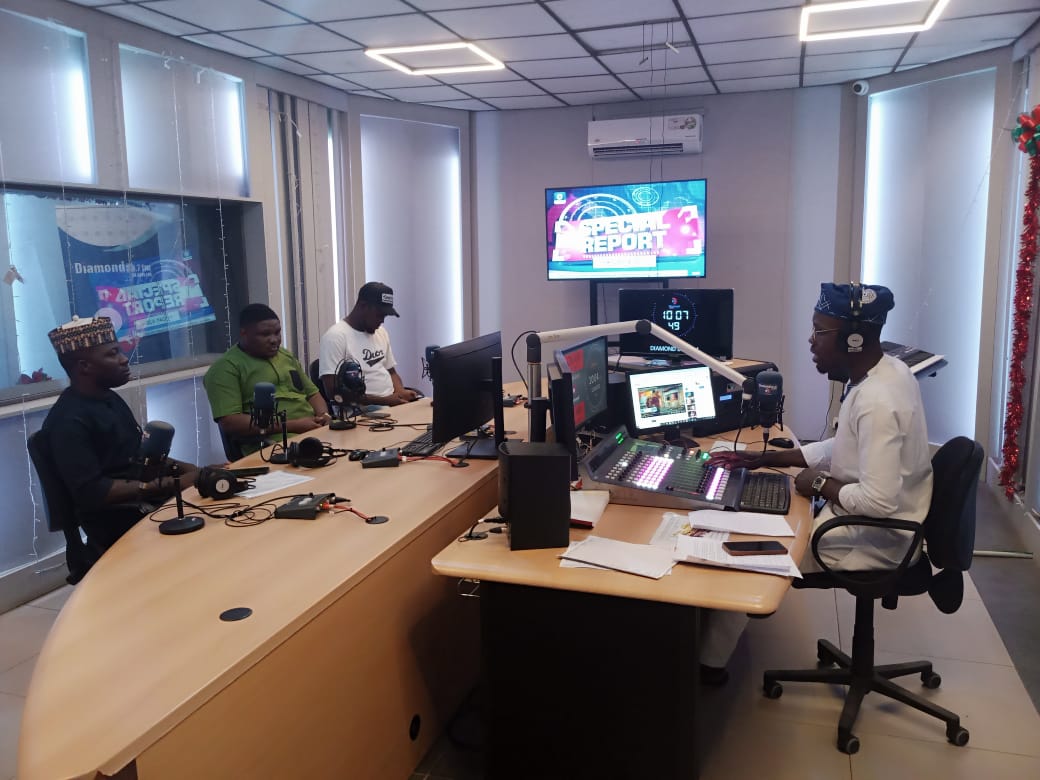By Omotayo Ayanda
The recent standoff between Kwara State-owned media and the government has emerged as a critical juncture in the relationship between media workers and the state authorities. This unexpected rift has not only disrupted the operational flow but has also sparked questions about the underlying issues that led to such a drastic shift in sentiment.
For years, the media in Kwara State stood as an advocate and communicator of government policies and achievements. Praises once flowed freely from the pens and airwaves of media professionals, highlighting the government’s initiatives and progress. However, the present scenario paints a starkly contrasting picture. The same voices that once echoed support now resonate with discontent and criticism.
Where did the wheels come off in this relationship?
The crux of the matter lies in unmet expectations and a perceived disregard for the essential role played by media professionals. The demands put forth by the unions—NUPPPROW, RATTAWU, and NUJ—highlight a myriad of issues encompassing fair treatment, remuneration, career growth, resource allocation, and governance within the media houses.
One of the focal points of contention revolves around the failure to implement certain agreed-upon terms. The absence of a 100 percent essential allowance, revision of weigh-in allowance to align with the minimum wage, and a 27 percent increment based on grade level remain unresolved. Furthermore, the non-implementation of the 2021 and 2022 promotion exercises, lack of equipment and facility overhaul, anomalies in annual increments, and career progression stagnation further fuel the discontent among media workers.
The imposition of junior officers as Corporation Secretaries and Controllers of Finance and Supply (CFAs) without due consideration of industry expertise and best practices adds another layer of friction to an already tense situation. These actions not only curtail career growth but also undermine the autonomy and professionalism expected within media institutions.
The sudden shift in the media’s stance, from commendation to criticism, is not just a manifestation of grievances accumulated over time; it’s a testament to the underlying structural issues that have long plagued the industry. The transformation from an ally to a critic underscores the principle that the media’s allegiance isn’t to any particular entity but rather to the pursuit of truth, transparency, and public interest.
The Nigeria Union of Journalists (NUJ), both at the state and national levels, assumes a pivotal role in this ongoing conflict. While the state leadership remains vigilant, there’s a noticeable absence of formal communication or directives from the national body to the state Council, raising questions about the extent of their involvement or guidance in this matter.
Yet, amidst this discord, there’s a shared understanding of the critical role the media plays in democracy. The resolution of this impasse shouldn’t be viewed as a ‘media war’ but rather an opportunity for dialogue, understanding, and restructuring. It’s a call not just for an immediate fix but for a systematic overhaul that redefines the relationship between media workers and the government, establishing a framework that ensures fair treatment, professional growth, and a conducive work environment.
In conclusion, the resolution of the Kwara media conflict isn’t just a matter of quelling dissent; it’s an opportunity for a comprehensive reevaluation of the media landscape. It’s a reminder that the media, as the Fourth Estate, stands as a crucial pillar in the edifice of democracy—one that must be upheld, nurtured, and protected for the collective benefit of the society it serves.
